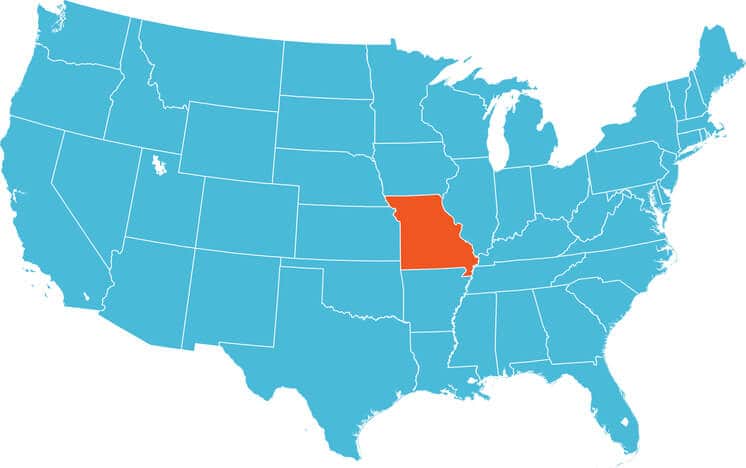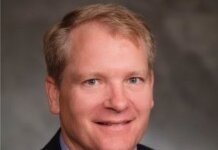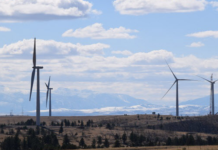Last week, Missouri municipalities, Walmart, the Missouri Industrial Energy Consumers and others made their case to Missouri regulators in support of Clean Line Energy Partners’ Grain Belt Express Clean Line.
According to the developer, the proposed transmission line, which would be the largest clean energy infrastructure project in Missouri’s history, could save Missouri ratepayers more than $10 million annually. The Grain Belt Express is a privately financed infrastructure project; no taxpayer dollars will be spent to build it, the developer notes.
Since the project was voted down in a 3-2 vote by the Missouri Public Service Commission in 2015, the Grain Belt Express has made significant progress in solidifying major benefits for Missourians, says Clean Line.
Most notably, Missouri’s municipal utilities would benefit directly by receiving wind energy delivered by the project: The Missouri Joint Municipal Electric Utility Commission, an agency that procures power for municipal utilities across the state, has entered into an agreement to purchase wind delivered by the project to 35 municipal utilities in Missouri.
At the recent hearing, the public power agency testified that the project, if approved by the commission, would save its customers more than $10 million annually, and these annual savings would continue for at least 20 years.
Additional municipalities are joining in: Last Tuesday, the Hannibal City Council approved an agreement to purchase wind energy delivered by the Grain Belt Express. They estimate saving more than $720,000 annually as a result. The City of Kirkwood also voted in support of purchasing wind delivered by the transmission line for an estimated cost-savings for customers of more than $2 million annually.
“From families to small businesses, we continue to hear that our customers want more renewable energy at a lower cost,” says Mark Petty, Kirkwood’s electric director, who attended the hearing. “The Grain Belt Express is far and away our best opportunity to meet and exceed these challenging demands. But we can’t bring these savings to Kirkwood customers unless the Missouri Public Service Commission gives the Grain Belt project green light. It would be a real travesty if Missouri regulators deny our customers of these savings.”
The developer says Grain Belt – in its first year of operation alone – would pay landowners more than $32 million in easement payments and $7 million in property taxes that would support local communities and schools.
“The real benefit of this project is to the children enrolled in the public school system,” says Richard Tregnago, longtime assessor for Randolph County. “Well over a half-million dollars may go to the education of 3,731 students residing in Randolph County in the first year the project is in operation. I expect the Grain Belt Express will continue to make significant tax payments to benefit our schools and community for the life of the transmission line.”
Clean Line says the hearing lasted the full week. Dozens of other witnesses testified in support, including consumer, environmental, labor and business groups, and several landowner groups and the Missouri Farm Bureau expressed their opposition.
Notably, the developer says the hearing provided an opportunity for the company to continue to answer questions and address concerns. Clean Line also committed to several conditions to protect landowners, including a decommissioning fund and specific practices to mitigate impacts to agriculture.
“Over the last year, we have made tremendous progress in developing the Grain Belt Express so that it will benefit Missourians for generations to come,” comments Michael Skelly, president of Clean Line Energy. “The Grain Belt Express is a market-based infrastructure project that will save Missouri municipal ratepayers more than $10 million annually, strengthen the state’s electric grid and create hundreds of jobs. We are hopeful that Missouri regulators will recognize the many long-term benefits that this project will bring to the state.”
Missouri is the last state in which regulatory approval is needed for the project; Kansas, Illinois and Indiana have already approved it.




